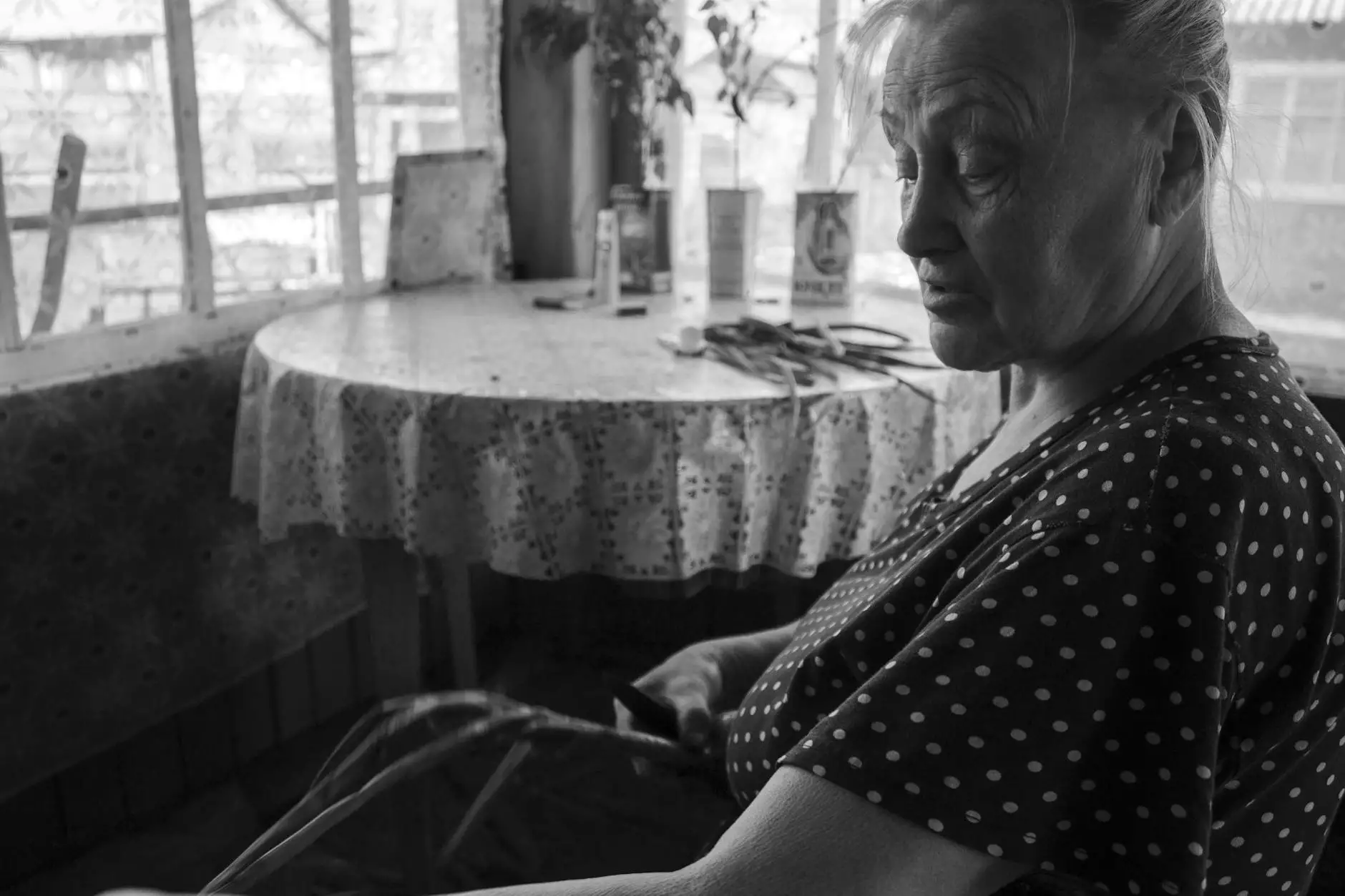The Importance of Geriatric Family Practice in Modern Healthcare

In today’s rapidly advancing healthcare landscape, the geriatric family practice plays a pivotal role in addressing the unique needs of older adults. As life expectancies continue to rise, the demand for specialized healthcare services that cater specifically to the elderly population has never been more essential. This article delves into the many facets of geriatric family practice, highlighting its significance, services offered, and the challenges faced in this specialized field.
Understanding Geriatric Family Practice
Geriatric family practice refers to a branch of medicine that focuses on the health care of older adults, integrating their medical and social needs. Practitioners in this field are specially trained to manage the complexities associated with aging. This includes evaluating chronic diseases, cognitive impairments, and mobility issues that accompany advanced age.
The Training and Skills of Geriatric Practitioners
Geriatricians are medical doctors who have completed additional training in family medicine or internal medicine, followed by specialized training in the care of elderly patients. They possess a profound understanding of:
- Chronic Illness Management: Effective strategies for managing multiple, often interrelated health conditions.
- Medication Management: Knowledge about polypharmacy and its implications for older adults.
- Psychosocial Assessments: Tools for evaluating emotional and social factors affecting health.
- Functional Ability Assessments: Techniques to assess a senior's physical abilities and needs.
Why Geriatric Family Practice is Essential
The necessity for a dedicated geriatric family practice stems from several crucial factors that are unique to the elderly population:
1. Comprehensive Health Assessment
Older adults often face multiple health challenges that require a comprehensive assessment to address fully. Geriatric family practices perform thorough evaluations to develop tailored treatment plans that consider the intricacies of each patient's health history and current condition.
2. Coordination of Care
As older adults typically see multiple specialists for various conditions, a geriatric family practice serves as the central hub for coordinating care. This coordination minimizes the risk of conflicting treatments and improves the overall health outcomes for elderly patients.
3. Preventive Care and Early Intervention
Preventive care is paramount in geriatric medicine. Regular screenings and assessments can identify potential health issues before they become severe, allowing for early intervention. The focus on preventive care in a family practice setting ensures that older patients maintain their health and independence for as long as possible.
4. Promoting Healthy Lifestyles
Geriatric family practice goes beyond mere disease management. It encompasses lifestyle counseling that encourages older adults to adopt healthier habits. Activities like regular exercise, nutrition advice, and mental health support contribute significantly to their quality of life.
Services Offered by Geriatric Family Practices
Geriatric family practices offer a wide range of services specifically designed to meet the needs of older adults. These include:
- Routine Physical Examinations: Regular check-ups to monitor health status.
- Chronic Disease Management: Ongoing management strategies for conditions like diabetes, hypertension, and arthritis.
- Memory and Cognitive Assessments: Evaluations to detect cognitive decline or dementia early.
- Medication Management: Assessing and adjusting prescriptions to avoid adverse effects.
- End-of-Life Care: Providing supportive care options for patients and their families during difficult times.
Challenges Faced in Geriatric Family Practice
Despite its importance, the field of geriatric family practice faces several challenges:
Increased Demand for Services
With the aging population on the rise, the demand for geriatric care is outpacing the supply of specialists. This disparity can lead to longer wait times for appointments and overburdened practitioners, which may ultimately affect the quality of care.
Funding and Resource Allocation
Healthcare systems often allocate resources disproportionately, leading to a lack of funding for geriatric services. As a result, many practices struggle to maintain adequate staffing and facilities tailored to the elderly patient's needs.
Communicating with Elderly Patients
Effective communication with older patients can sometimes be challenging due to hearing impairments, cognitive decline, or language barriers. Geriatric practitioners must adopt strategies that enhance understanding and ensure patient's voices are heard.
The Future of Geriatric Family Practice
As we look forward, the future of geriatric family practice will likely involve innovative approaches to meet the growing demands and challenges of healthcare for older adults. Here are some potential advancements:
1. Telemedicine Services
Telemedicine is becoming an increasingly valuable tool in geriatric care. Providing remote consultations ensures that elderly patients can maintain regular follow-ups without the need for travel, which can be difficult for those with mobility issues.
2. Interdisciplinary Care Teams
Implementing interdisciplinary care teams that include social workers, dietitians, and physical therapists alongside geriatricians can enhance the quality of overall care, addressing not just medical needs but also emotional and social aspects of aging.
3. Technological Integration
Utilizing technology in tracking patient health data can improve management strategies and facilitate timely interventions. Electronic health records (EHRs) tailored for geriatric patients can help track medications, appointments, and health outcomes effectively.
Conclusion
Geriatric family practice is an essential aspect of healthcare for older adults that cannot be overlooked. As dedication and understanding of the aging population's specific needs grow, so too does the importance of comprehensive, accessible, and high-quality geriatric care. By focusing on prevention, coordination, and holistic health management, geriatric family practices contribute profoundly to the well-being and quality of life of seniors. At Star Medical, we understand the importance of tailored care for the elderly and are committed to providing comprehensive services that meet the diverse needs of our patients.
Star Medical - Your trusted partner in geriatric family practice. For more information on our services, visit us at starmedical.com.au.









